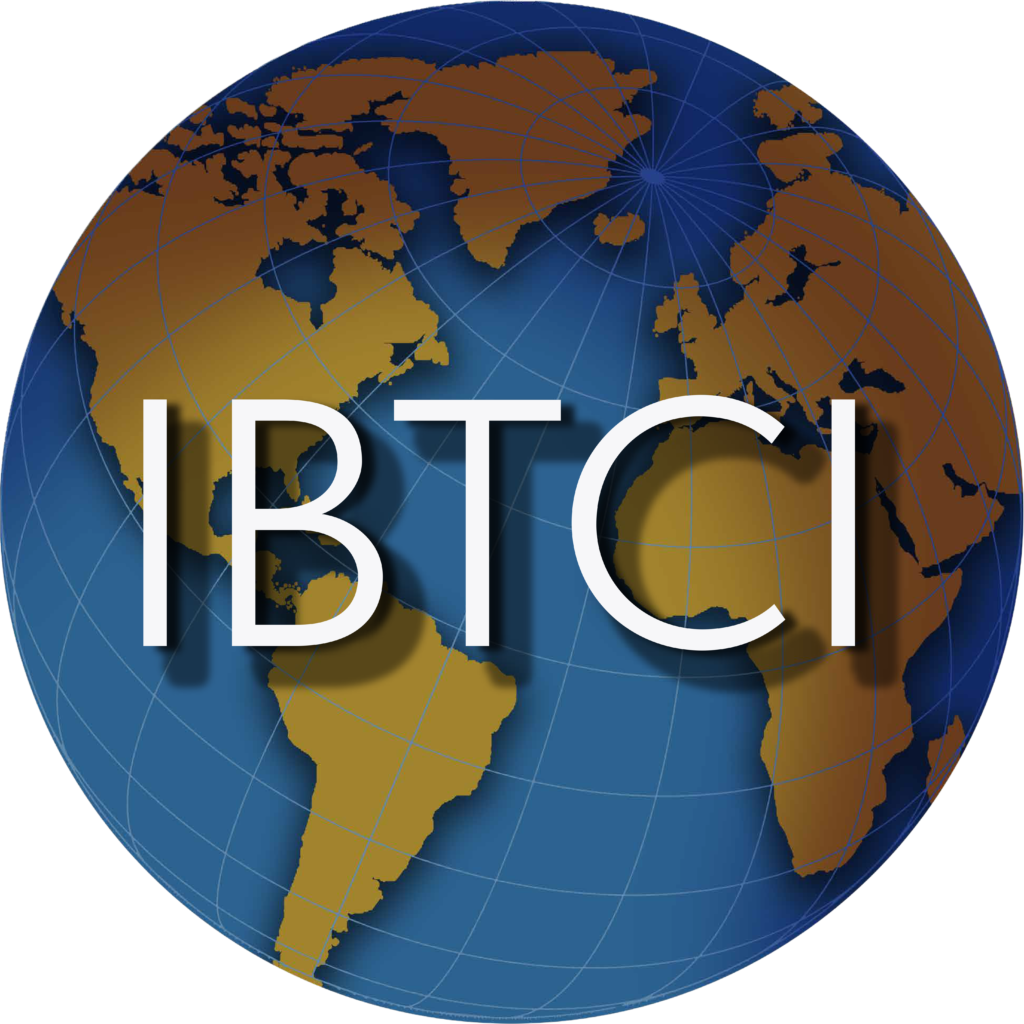USAID/Ethiopia contracted IBTCI to lead the mid-term performance evaluation of the Pastoral Livelihoods Initiative Phase II (PLI II), a $15.9 million project with the objective of improving and strengthening the lives and livelihoods of approximately 205,000 pastoralists and ex-pastoralists living in 15 districts, or woredas, in lowlands areas of Ethiopia’s Oromia, Somali, and Afar Regional States. PLI II’s interventions included identifying approaches to improved community-based natural resource management, improving the ability of pastoralists to gain more economic value from their livestock, helping pastoralists, agro-pastoralists, and ex-pastoralists expand their ability to generate income, improving the ability to provide food and water to people and animals during drought, and making use of “Crisis Modifiers” (CMs). These CMs included interventions such as direct food assistance and supplemental feeding and/or destocking of highly stressed livestock. IBTCI’s evaluation provided USAID an independent view of how well PLI II has been meeting its objectives, how effective it has been in planning and implementing PLI II interventions, and the overall effectiveness of the selected interventions. IBTCI conducted site visits to the Yabello Woreda, Liban Woreda, Kibre Beya Woreda, Miesso/Mullo Woreda, and Gewane Woreda, where key informant interviews (KIIs), focus group discussions (FGDs) and survey assessments were conducted.
Categories:
